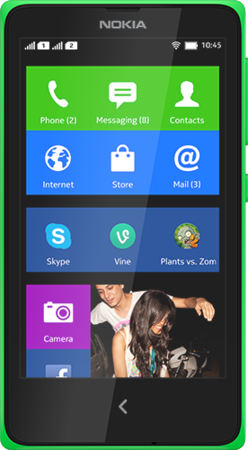FOSS Week in Review
Cops tracking phones sans warrants
 It appears that the police in Tallahassee, Florida have been busy tracking folks by their cell phones without bothering to show up before a judge and ask for a warrant. Why would they violate the constitutional rights of their citizens this way? Evidently because they were using technology on loan and had signed a non-disclosure agreement.
It appears that the police in Tallahassee, Florida have been busy tracking folks by their cell phones without bothering to show up before a judge and ask for a warrant. Why would they violate the constitutional rights of their citizens this way? Evidently because they were using technology on loan and had signed a non-disclosure agreement.
According to Wired, this information came to light in an appeal of a sexual battery case dating back to 2008 in which a suspect was tracked using the technology to locate a phone that had been stolen from the victim. The police have admitted using the device 200 times, with no judge or warrant involved, since 2010. In a blog post made Monday, the ACLU said the device is “likely a Stingray made by the Florida-based Harris Corporation.” Evidently, the ACLU has long suspected that Harris has been loaning the devices to Florida police departments.



 Our computers were only a portion of the casualty list. The storm also took out two televisions, my entire AC unit and a microwave. The thunder was so close and so powerful it broke out our front bay window and the window glass in two of my trucks. Even top-of-the-line Belkin surge protectors couldn’t stave off these strikes.
Our computers were only a portion of the casualty list. The storm also took out two televisions, my entire AC unit and a microwave. The thunder was so close and so powerful it broke out our front bay window and the window glass in two of my trucks. Even top-of-the-line Belkin surge protectors couldn’t stave off these strikes.




